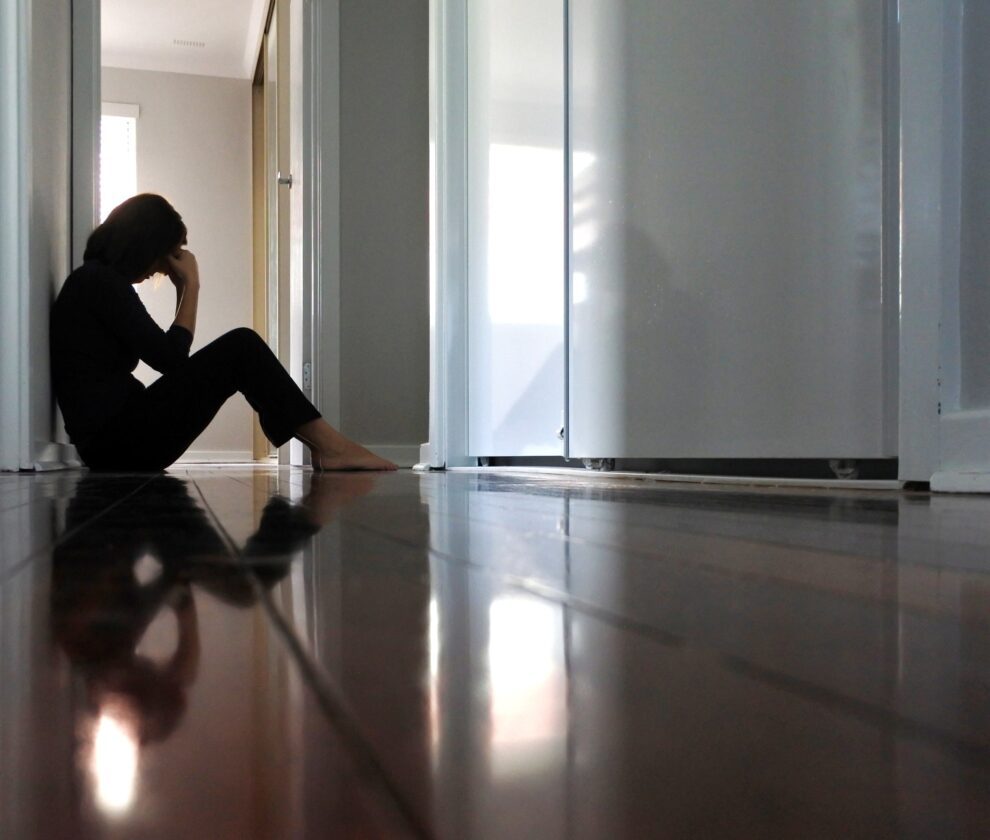Navigating life with bipolar disorder presents unique challenges, leading many to wonder about their eligibility for disability benefits. Despite progress in medication and therapy, mental health conditions like bipolar disorder can still significantly impair an individual’s ability to work. The fluctuating nature of bipolar disorder, with its cycles of remission and relapse, can make consistent employment challenging.
Recognizing this, the Social Security Administration (SSA) includes bipolar disorder among the mental health conditions eligible for disability benefits. Individuals with bipolar disorder may benefit from consulting a skilled disability attorney, who can assess their unique circumstances and compile a compelling benefits application. Novu Wellness in Sugar Hill, Georgia, offers insights into understanding bipolar disorder as a disability and navigating the benefits process.
What Is Bipolar Disorder? Is it a Disability?
Bipolar disorder, a mental health condition marked by extreme mood fluctuations from high (mania or hypomania) to low (depression), significantly disrupts an individual’s daily life and overall well-being. It is estimated to impact around 4.4% of U.S. adults during their lifetime, with a vast majority, approximately 82.9%, experiencing severe impairment due to the condition. This level of impairment often hinders their capacity to maintain employment or function effectively in work settings. Like many other mental health disorders, individuals suffering from bipolar disorder might qualify for Social Security Disability benefits, designed to provide support for those whose conditions prevent them from working.
According to the Americans with Disabilities Act (ADA), bipolar disorder can be considered a disability if it significantly hampers one’s ability to perform essential life activities, thereby making some individuals eligible for disability benefits.
Types of Bipolar Disorder
Bipolar disorder primarily presents in four main variations:
Bipolar I Disorder: The most intense form, characterized by manic episodes lasting a minimum of seven days or requiring hospital care, and depressive episodes generally persisting for two weeks.
Bipolar II Disorder: Features both depressive and manic phases, though the manic episodes are less severe.
Cyclothymic Disorder: Known as cyclothymia, it includes repeated instances of hypomanic and depressive symptoms over a period of at least two years.
Other Specified and Unspecified Bipolar and Related Disorders: Covers bipolar symptoms that don’t align with the specific criteria of the previously mentioned types.
Signs and Symptoms of a Manic Bipolar Disorder Episode
During a manic episode of bipolar disorder, individuals may experience heightened emotions, feeling exceptionally “up,” elated, or “high.” They often exhibit an increase in energy and activity levels, feeling “jumpy” or “wired,” which can lead to difficulty sleeping and an overabundance of rapid speech covering various topics. Agitation, irritability, and a sense that their thoughts are racing are common. There’s a belief in their ability to multitask extensively, which sometimes results in engaging in risky behaviors.
Conversely, during a depressive episode, individuals might feel profoundly sad, down, or empty, with a significant drop in energy and activities. Sleep disturbances, either too much or too little sleep, a lack of enjoyment in activities, worry, and feelings of worthlessness are prevalent. They may face concentration issues, memory problems, changes in appetite, a general slowing down, and thoughts of death or suicide.
While bipolar disorder presents a complex array of symptoms, medication and psychotherapy offer means to manage its impact, providing much needed relief and support to those afflicted.
Qualifying for Benefits with Bipolar Disorder
The Social Security Administration (SSA) recognizes certain medical and mental health conditions, including bipolar disorder, as significant impairments that could prevent someone from engaging in substantial work activities. For adults and children with bipolar disorder to be eligible for Social Security Disability Insurance (SSDI) benefits, they must present:
- Medical evidence of bipolar disorder diagnosis with at least three specific symptoms such as pressured speech, inflated self-esteem, or decreased need for sleep, among others.
- Significant restriction in one or more critical areas of mental functioning: comprehension and application of information, social interaction, focus and persistence, or self-management.
- Proof of the disorder being serious and persistent for at least two years, requiring continuous medical or psychological support and showing minimal capacity to adapt to environmental changes or demands.
Qualifying for SSDI due to bipolar disorder necessitates comprehensive documentation of the diagnosis, treatment history, and the disorder’s impact on daily functioning. Even if the explicit criteria aren’t met, individuals might still qualify if they cannot perform previous work or adjust to new work due to their condition. Given the fluctuating nature of bipolar disorder, documenting the inability to work due to symptom flare-ups is challenging but crucial for SSDI claims. Assistance from an experienced advocate is invaluable in navigating this process.
Contact Us For Support
If you or a loved one is struggling with bipolar disorder and seeking disability benefits, Novu Wellness is here to provide support and guidance. Our experts can help you navigate the complexities of your condition and the benefits application process. Contact us today to start your journey of healing and stable, supported living.




